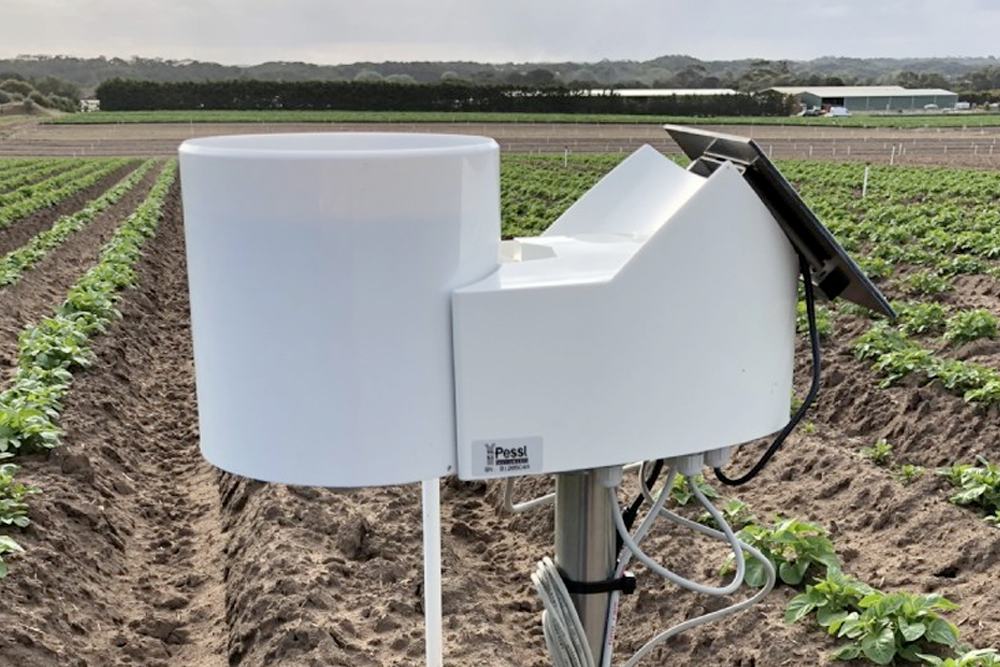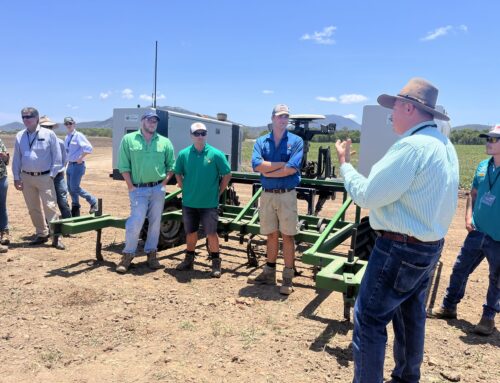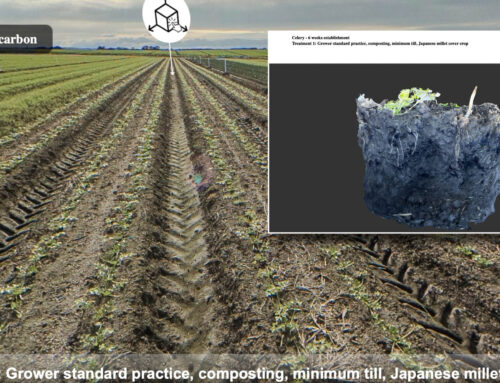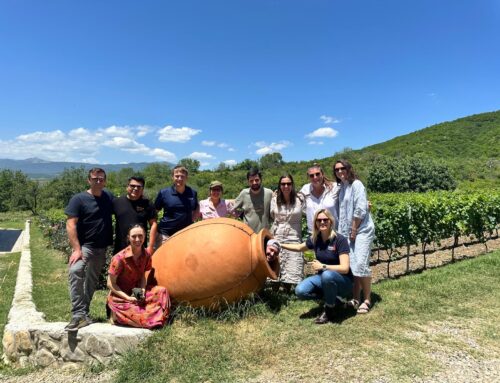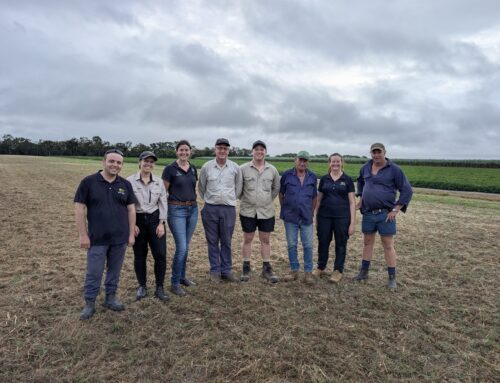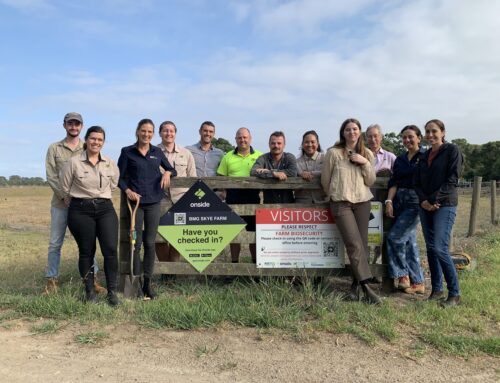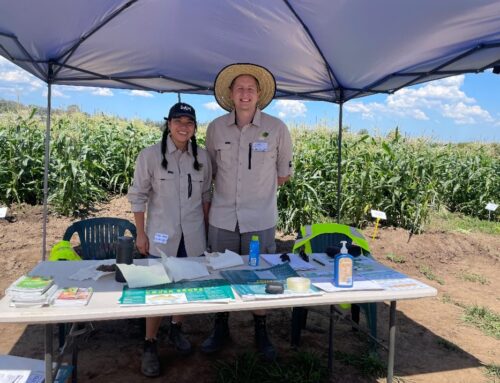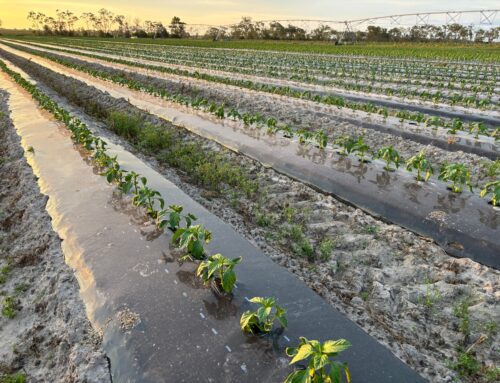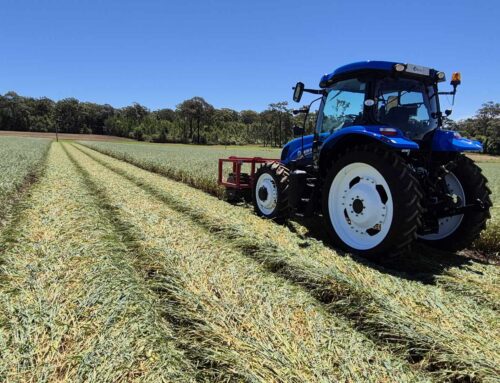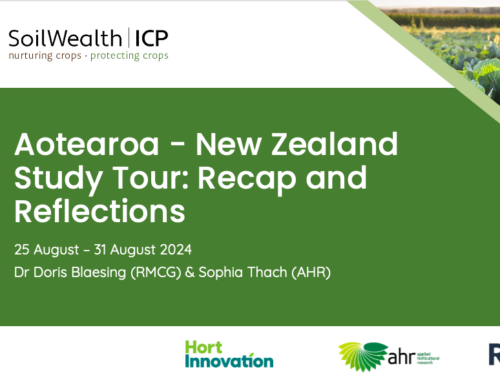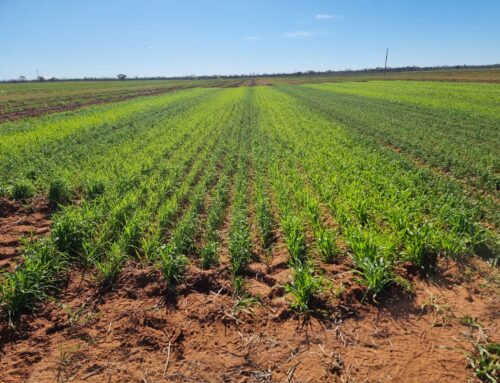As the cost of production continues to rise and water quality becomes an increasing issue for vegetable growers across the country, precision agriculture technologies could play a key role in helping growers make more informed decisions on-farm.
These technologies are already readily adopted in broad acre farming and the tree crop and viticulture industries, as growers better understand the production gains that can be achieved from more precisely managing their inputs.
According to Metos ANZ General Manager Sam Eyres, there are “unlimited opportunities” for the Australian vegetable industry to follow suit in the adoption of precision agriculture technologies.
Metos is the flagship brand for Pessl Instruments, an Austrian-based weather telemetry business. Its products range from weather equipment to insect and crop cameras, with disease models for over 40 crops covering 80 diseases linked to data from weather stations and associated sensors.
Metos has supported the Australian and New Zealand market for many years, particularly in the supply of weather equipment and core sensors to the vegetable industry.
“The core sensors include weather stations that represent rainfall capture through to Delta T readings for spray diaries to solar radiation (ETo) calculations for irrigation management and most things in between,” Sam said.
“The other major component of the systems are the moisture probes and how they can be utilised to manage watering events and the effect on too little or general overwatering. The moisture probes have been invaluable in showing growers to what depth they are watering and whether they are pushing water well below the root zone. It can also highlight soil limitations such as hard pans and areas of accumulated salts where a soil is not allowing water to move through a profile.”
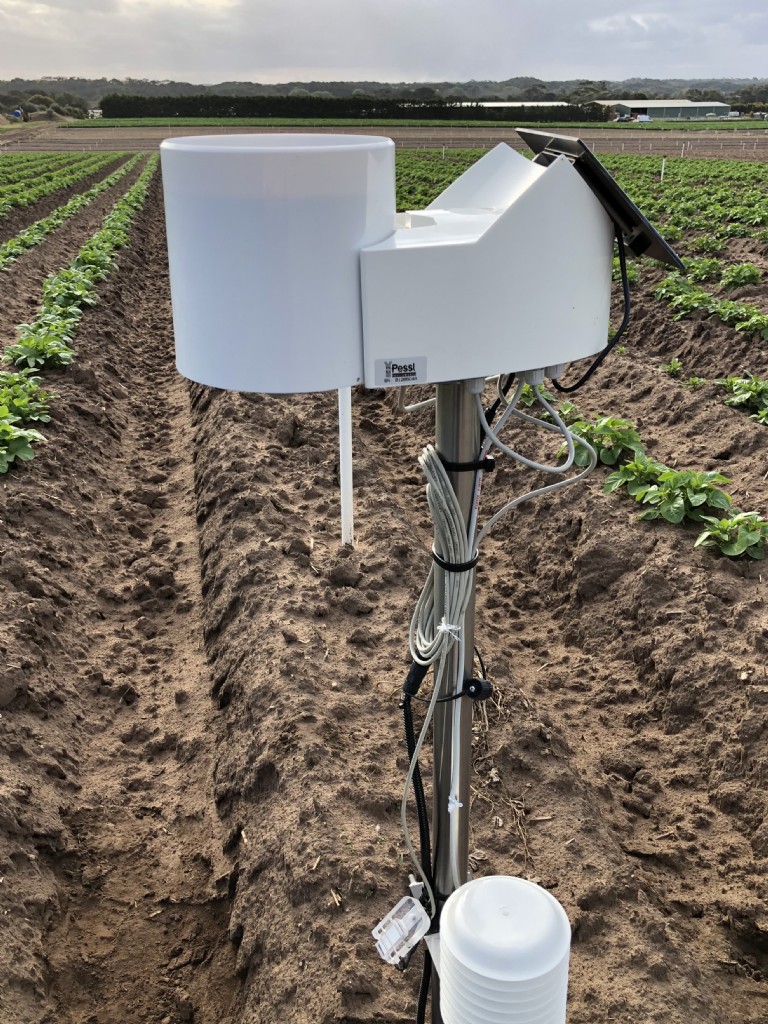
Transitioning to precision ag on-farm
The Soil Wealth ICP demonstration sites in Koo Wee Rup, Victoria and Richmond, Tasmania are currently working with Metos to test the impact of sensors such as soil EC/moisture probes, solar radiation (ETo) and rain gauges in vegetable production.
Sam said the response from Australian vegetable growers has been very positive.
“I think people expect it to be far more complicated than it is. We make our systems pretty much plug and play from the box and also our app and platform are simple to use yet very informative for those willing to drill further down into their data.”
For growers who are looking to incorporate precision agriculture technologies onto their farms, Sam stresses that they should ensure the technology is from a sound business that has a market history.
“There are a lot of precision ag instruments on the market that are not tried and tested. You could become a guinea pig for someone who is testing the waters and be left with tech that has no support and becomes an expensive ornament in the corner of the shed,” he said.
“The other big thing is around buying technology that can communicate with other technology. In the case of our equipment, all the data can be sent via an Application Programming Interface (API) to other systems, be that irrigation control units or any platform that a grower uses as a management tool. Collaboration is hugely important for the adoption of these technologies.”
Once you have done your research, it is certainly an area of endless possibilities.
“Getting involved in precision ag can start with something as simple as measuring rainfall along with irrigation events. A system can then be added to once the grower builds confidence with the equipment and sees where further sensors can fit into their program,” Sam explained.
Metos ANZ is keen to be more involved with the vegetable industry and help show growers where precision ag technologies can result in better informed decision making and creating a strong history of useable data, year on year, crop on crop.
Starting out and keen to know more? Check out these videos and variable rate application poster.
Want to explore our demonstration site findings further? Read the case study or listen to the podcast.
Interested in joining the Soil Wealth ICP Partnership Network? Click here.

